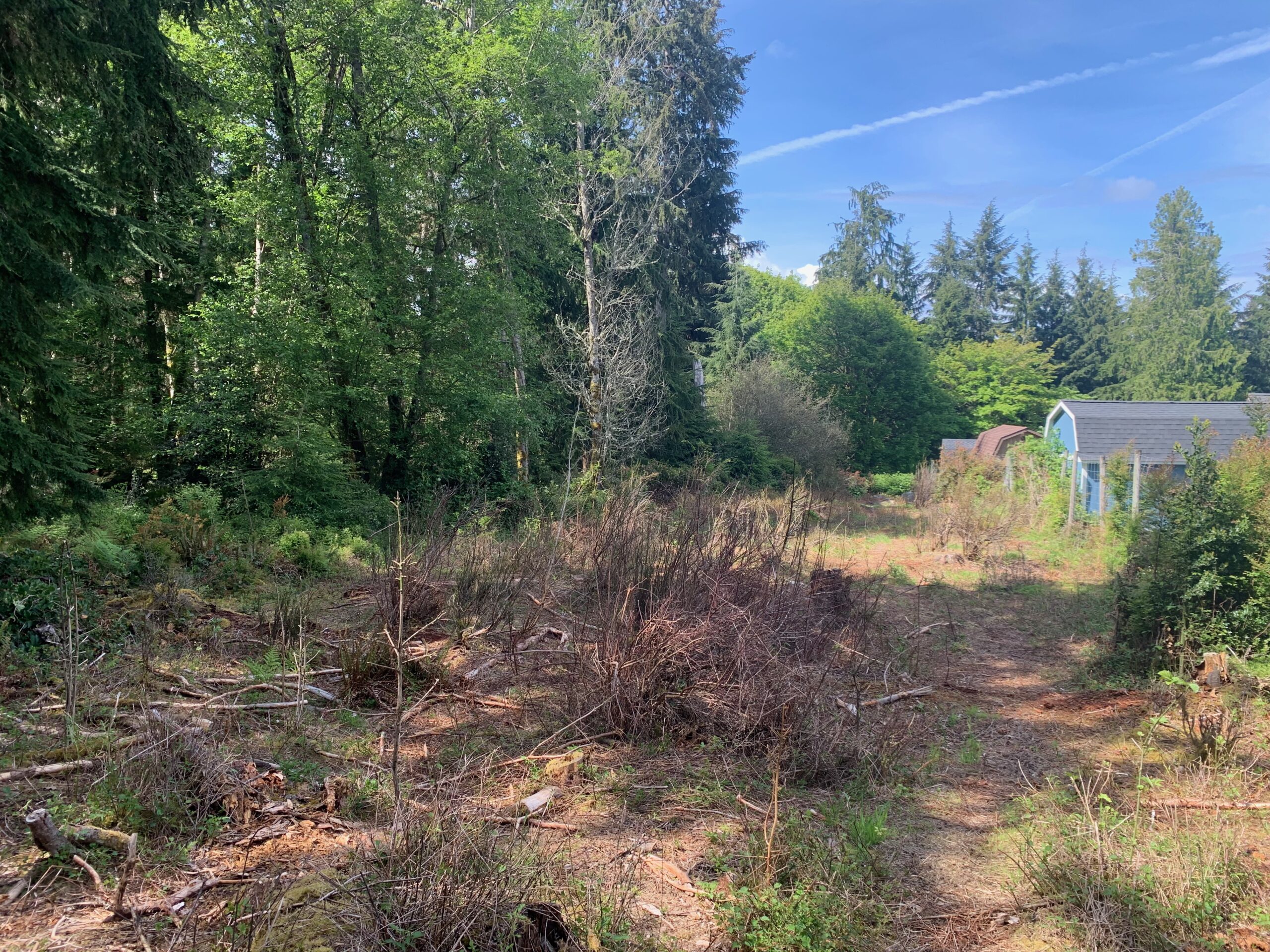The Limits of Human Reason and the Knowledge of God

There is the seen, and there is the unseen, the material and the immaterial. That which is material can be scientifically examined and experienced, the immaterial can only be seen and experienced spiritually. These are two worlds that are only seemingly at odds with one another. If you attempt to examine that which is of a spiritual nature using a science that is by its very nature meant to explore the material realm, you will fail.
The things that are of God are far beyond the capabilities of our finite mind to comprehend. The divine can only be known through the nous, that place in the heart that is our true center. It, unlike the brain, is capable of knowledge that is beyond human comprehension, coming as it does from noetic knowledge.
When we try to apply words to the noetic form, we fail. We can no more explain God than we can explain quantum physics, since both are unseen. God is outside the realm of human intellectual understanding. The Eastern Church approaches things of God as holy mysteries, since God can only be known in His divine energies, not in His essence. If a scientist can believe in quantum physics, the unseen, why can he not believe in God Whom he has not seen? If we can believe in the concept of infinity, something that goes on and on without end, why can we not believe in God?
The science of the soul is noetic and can be examined and experienced only through the activation of the nous. The nous in Orthodox Christian theology is the eye of the soul, or the mind of the heart. God created us with the nous because the human intellect is not capable of knowing Him without it. The intellect alone can not know God, for human reasoning is limited to the things that are of a material nature. God is unknowable without His divine revelation, and only the nous can perceive this knowledge. God’s essence remains inaccessible without noetic knowledge. Science has its place, but only the heart can know God.
Quantum physics, while mysterious, is still part of the created material realm, and is fairly explainable now. The real difference isn’t between the seen and the unseen, but at its root, the created and the uncreated. It was the Uncreated Energies of God that Moses saw in the burning bush, or that the Apostles experienced in the Transfiguration. A scientist will understand the properties of light (photons), but will have no clue about the uncreated light, which heals, deifies and casts no shadow.
Love in Christ,
Abbot Tryphon


Mid-Pentecost or Prepolovenie. Tone three.
Fast. Fish Allowed
“Mozdok” and “Dubensk-Krasnogorodsk” (17th c.) Icons of the Most Holy Theotokos (movable holiday on the Prepolovenie – Mid-Pentecost).
Great-martyr Irene of Thessalonica (1st-2nd c.).
New Hieromartyr Nicholas priest (1919).
Uncovering of the relics of Venerable James, abbot of Zhelezny Bor (1613).
Icon of the Most Holy Theotokos, “Inexhaustible Cup” (1878).
Venerable Barlaam of Serpukhov (1377).
New Monk-martyr Ephraim of Nea Makri (1426) (Greek).
Martyrs Neophytus, Gaius, and Gaianus.
Venerable Adrian, abbot of Monza Monastery (1619).
Sts. Martin and Heraclius, of Illyria (4th c.).
Venerable Euthymius, the Wonderworker, bishop of Maditos in Thrace (11th c.) (Greek).
St. Eulogius the Confessor, bishop of Edessa (386).
St. Hilary of Arles (449).
St. Hydrock of Cornwall.
Translation of the relics of St. Aldhelm, bishop of Sherborne.

The Scripture Readings
Acts 14:6-18
6 They became aware of it and fled to Lystra and Derbe, cities of Lycaonia, and to the surrounding region. 7 And they were preaching the gospel there.
Idolatry at Lystra
8 And in Lystra a certain man without strength in his feet was sitting, a cripple from his mother’s womb, who had never walked. 9 This man heard Paul speaking. Paul, observing him intently and seeing that he had faith to be healed, 10 said with a loud voice, “Stand up straight on your feet!” And he leaped and walked. 11 Now when the people saw what Paul had done, they raised their voices, saying in the Lycaonian language, “The gods have come down to us in the likeness of men!” 12 And Barnabas they called Zeus, and Paul, Hermes, because he was the chief speaker. 13 Then the priest of Zeus, whose temple was in front of their city, brought oxen and garlands to the gates, intending to sacrifice with the multitudes.
14 But when the apostles Barnabas and Paul heard this, they tore their clothes and ran in among the multitude, crying out 15 and saying, “Men, why are you doing these things? We also are men with the same nature as you, and preach to you that you should turn from these useless things to the living God, who made the heaven, the earth, the sea, and all things that are in them, 16 who in bygone generations allowed all nations to walk in their own ways. 17 Nevertheless He did not leave Himself without witness, in that He did good, gave us rain from heaven and fruitful seasons, filling our hearts with food and gladness.” 18 And with these sayings they could scarcely restrain the multitudes from sacrificing to them.
John 7:14-30
14 Now about the middle of the feast Jesus went up into the temple and taught. 15 And the Jews marveled, saying, “How does this Man know letters, having never studied?”
16 Jesus answered them and said, “My doctrine is not Mine, but His who sent Me. 17 If anyone wills to do His will, he shall know concerning the doctrine, whether it is from God or whether I speak on My own authority. 18 He who speaks from himself seeks his own glory; but He who seeks the glory of the One who sent Him is true, and no unrighteousness is in Him. 19 Did not Moses give you the law, yet none of you keeps the law? Why do you seek to kill Me?”
20 The people answered and said, “You have a demon. Who is seeking to kill You?”
21 Jesus answered and said to them, “I did one work, and you all marvel.22 Moses therefore gave you circumcision (not that it is from Moses, but from the fathers), and you circumcise a man on the Sabbath. 23 If a man receives circumcision on the Sabbath, so that the law of Moses should not be broken, are you angry with Me because I made a man completely well on the Sabbath? 24 Do not judge according to appearance, but judge with righteous judgment.”
Could This Be the Christ?
25 Now some of them from Jerusalem said, “Is this not He whom they seek to kill? 26 But look! He speaks boldly, and they say nothing to Him. Do the rulers know indeed that this is truly the Christ? 27 However, we know where this Man is from; but when the Christ comes, no one knows where He is from.”
28 Then Jesus cried out, as He taught in the temple, saying, “You both know Me, and you know where I am from; and I have not come of Myself, but He who sent Me is true, whom you do not know. 29 But I know Him, for I am from Him, and He sent Me.”
30 Therefore they sought to take Him; but no one laid a hand on Him, because His hour had not yet come.
